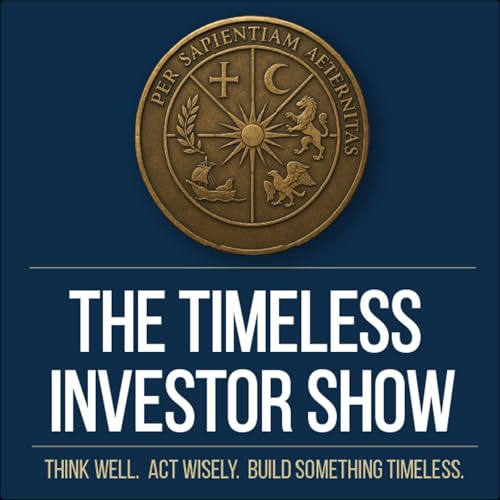Harry Helmsley started as a $12/week office boy in 1925. By the 1970s, he owned more real estate than anyone in America—the Empire State Building, 60+ office buildings, 30+ hotels, over $5 billion in assets.
His strategy? Buy quality buildings in quality locations. Never sell. Just compound.
No flipping. No syndicate exits. No IRR optimization. Just 40+ years of patient accumulation.
In this episode, we break down:
→ How Helmsley learned operations before ownership (and why it matters)
→ The "refinance, don't sell" approach that avoided capital gains for decades
→ Why transaction costs destroy more wealth than most investors realize
→ The crown jewel acquisitions: Empire State Building, Helmsley Building, the hotel empire
→ What happened when it almost all fell apart (and the lesson in who you marry)
The greatest real estate fortunes weren't built by flipping. They were built by holding.
—
Subscribe to The Timeless Investor newsletter: https://thetimelessinvestor.substack.com
Interested in investing with us? https://investors.appfolioim.com/lombardequities/investor/contact-us (accredited investors only)
—
00:00 - Introduction: $5 Billion Empire from Nothing
02:15 - The Office Boy Years (1925-1935)
05:30 - Buying the Brokerage with Sweat Equity
08:45 - The Accumulation Strategy: Buy, Hold, Never Sell
12:20 - Why Refinancing Beats Selling (The Math)
16:00 - The Crown Jewels: Empire State Building & Beyond
19:30 - The Fall: Leona and the Collapse
22:00 - Timeless Lessons for Modern Investors
#realestateinvesting #wealthbuilding #harryhelmsely #empirestatebuilding #buyandhold #passiveincome #realestate #investing #financialhistory
 26 分
26 分 35 分
35 分 26 分
26 分 23 分
23 分 1 時間
1 時間 32 分
32 分 21 分
21 分 22 分
22 分
